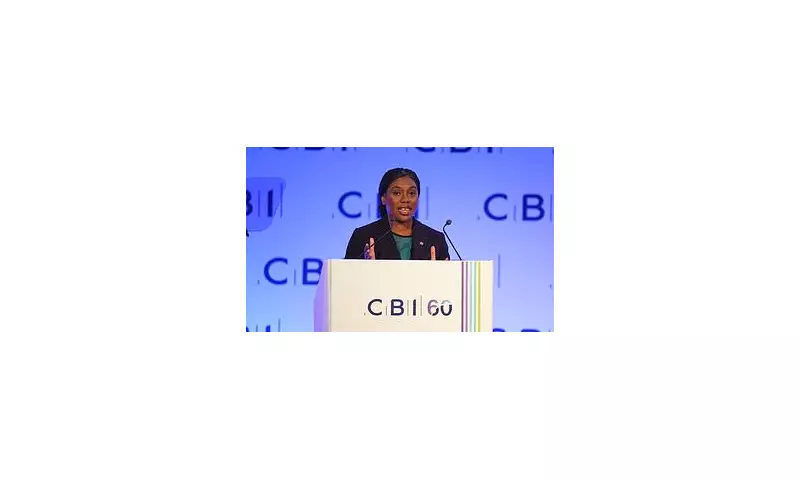
Conservative Leader Issues Stark Warning to Businesses
Kemi Badenoch, the Conservative Party leader, has launched a forceful attack on Labour's proposed expansion of workers' rights, labelling it a direct "assault on flexible working" that threatens to damage the UK's economic growth. In a punchy speech delivered at the Confederation of British Industry (CBI) conference, Badenoch argued that the plans would reverse decades of progress.
A Return to 'Unions Calling the Shots'
Badenoch directed her criticism at the flagship Employment Rights Bill, championed by former deputy PM Angela Rayner. She claimed the 330-page legislation would take Britain "back to a world where unions call the shots and employers carry the blame". She provocatively suggested the document was "written in the TUC's headquarters", indicating undue influence from trade unions.
The Business Secretary pointed to the UK's flexible labour markets as a key strength for the past 30 years. She credited this flexibility with helping to create millions of jobs after the financial crisis, keeping unemployment lower than in competitor nations, and underpinning Britain's status as a leading exporter of financial services.
Initial measures from the Bill, including day one paternity leave and changes to statutory sick pay, are scheduled to come into force in April 2025. Further significant reforms, such as a ban on unfair zero-hours contracts, are expected to follow in 2027. However, these proposals have faced considerable criticism from employers who are concerned about rising business costs and increased operational complexity.
Budget Warnings and Economic Downgrades
The warning comes just days before a crucial Budget, with Badenoch pre-emptively accusing the Labour government of planning to dress up tax rises as a "necessity". Her speech echoed concerns raised by CBI head Rain Newton-Smith, who urged Chancellor Rachel Reeves to avoid inflicting "death by a thousand taxes" on British businesses.
Newton-Smith called on the government to "change course" and make one or two broad tax rises rather than many smaller ones. She emphasised the need for tough decisions on issues like welfare spending to prove a commitment to economic growth, stating, "Short-term politics leads to a long-term decline."
The scale of the challenge was underscored by reports that the Office for Budget Responsibility (OBR) has downgraded its economic growth forecast for 2026 and every subsequent year until the next election. This downgrade, which Chancellor Reeves has publicly acknowledged, is expected to force her to hike taxes to balance the books and build a larger fiscal buffer.





